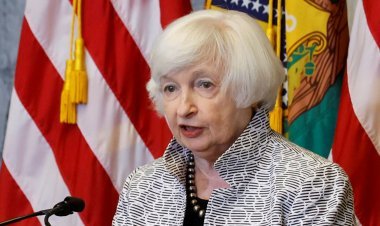Budget 2024: Income tax journey from 1947: tax exemption on having children; tax of Rs 97.75 on earning Rs 100
Budget 2024: The first budget of independent India was presented on 16 November 1947. It was introduced by the country's first Finance Minister RK Shanmukham Chetty. Although in a way it was a review report of the Indian economy. When the country's first budget was presented, income up to Rs 1500 was tax-free in the country.
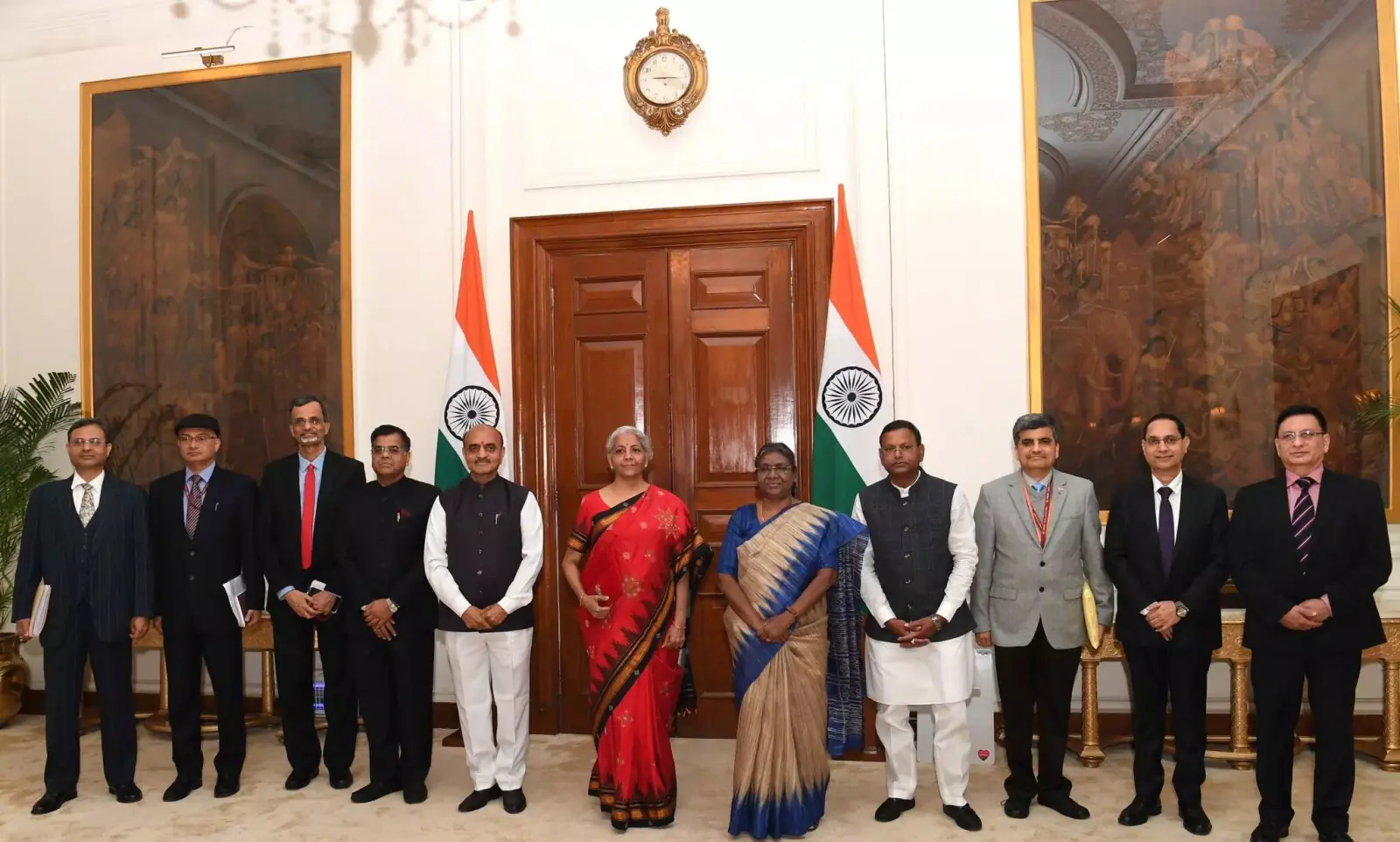
Finance Minister Nirmala Sitharaman had announced to increase in the scope of income tax for individual taxpayers in the budget speech of 2023-24. The income tax bracket was increased from Rs 5 lakh to Rs 7 lakh (under the new tax regime). The super-rich tax was reduced to 37 per cent. Whereas the live encashment for retired employees has increased from Rs 3 lakh to Rs 25 lakh.
Last year, there was a default under the new tax system. The Central Government went into effect with the new tax structure on April 1, 2020. All of the income tax exemptions and deductions were eliminated in favour of new tax slabs under the new tax system. The income tax system in the nation has undergone numerous significant changes since independence.
On November 16, 1947, the first budget of an independent India was unveiled. RK Shanmukham Chetty, the nation's first finance minister, introduced it. Even though it resembled an overview report on the Indian economy. Income up to Rs 1500 was tax-free in the nation when the first budget was presented. In the budget presented by the Modi government in 2023, this limit became Rs 7 lakh (under the new tax regime).
In 1955, to increase the population, for the first time in the country, separate tax-free incomes were kept for married and unmarried people. Married people did not have to pay any tax up to Rs 2000. At the same time, for bachelors, this limit was only Rs 1000.
The only nation in the world to offer income tax exemption based on the number of children was India in 1958. You are exempt from paying tax on income up to Rs 3000 if you are married but childless. However, there was no tax on the income of Rs 3300 for one child and Rs 3600 for two.
In 1973–74, India had the highest tax rate. The highest percentage of income tax collected at the time was 85%. This tax rate, including the surcharge, came to 97.75 per cent. Only Rs 2.25 of every Rs 100 earned after a salary of Rs 2 lakh reached the earner's pocket. The government retained Rs 97.75 of the remaining amount.
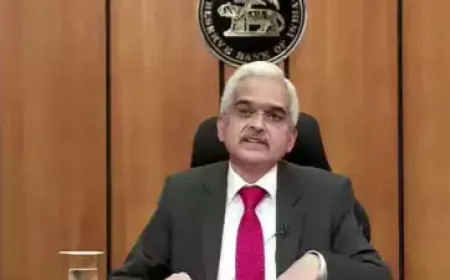
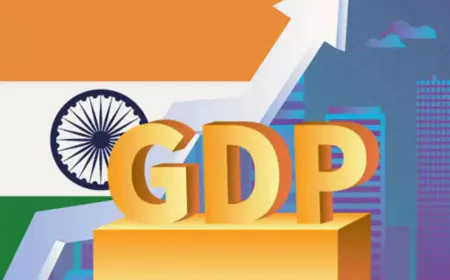

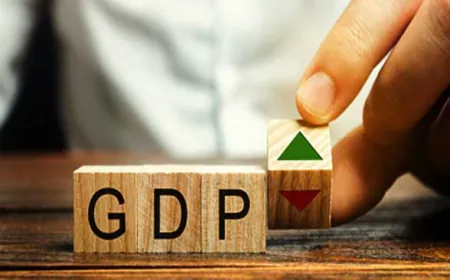


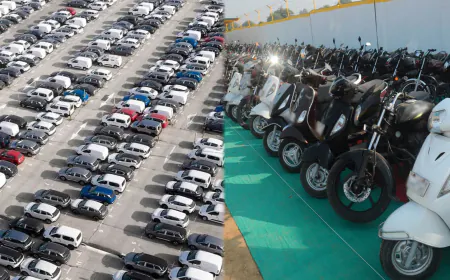


















































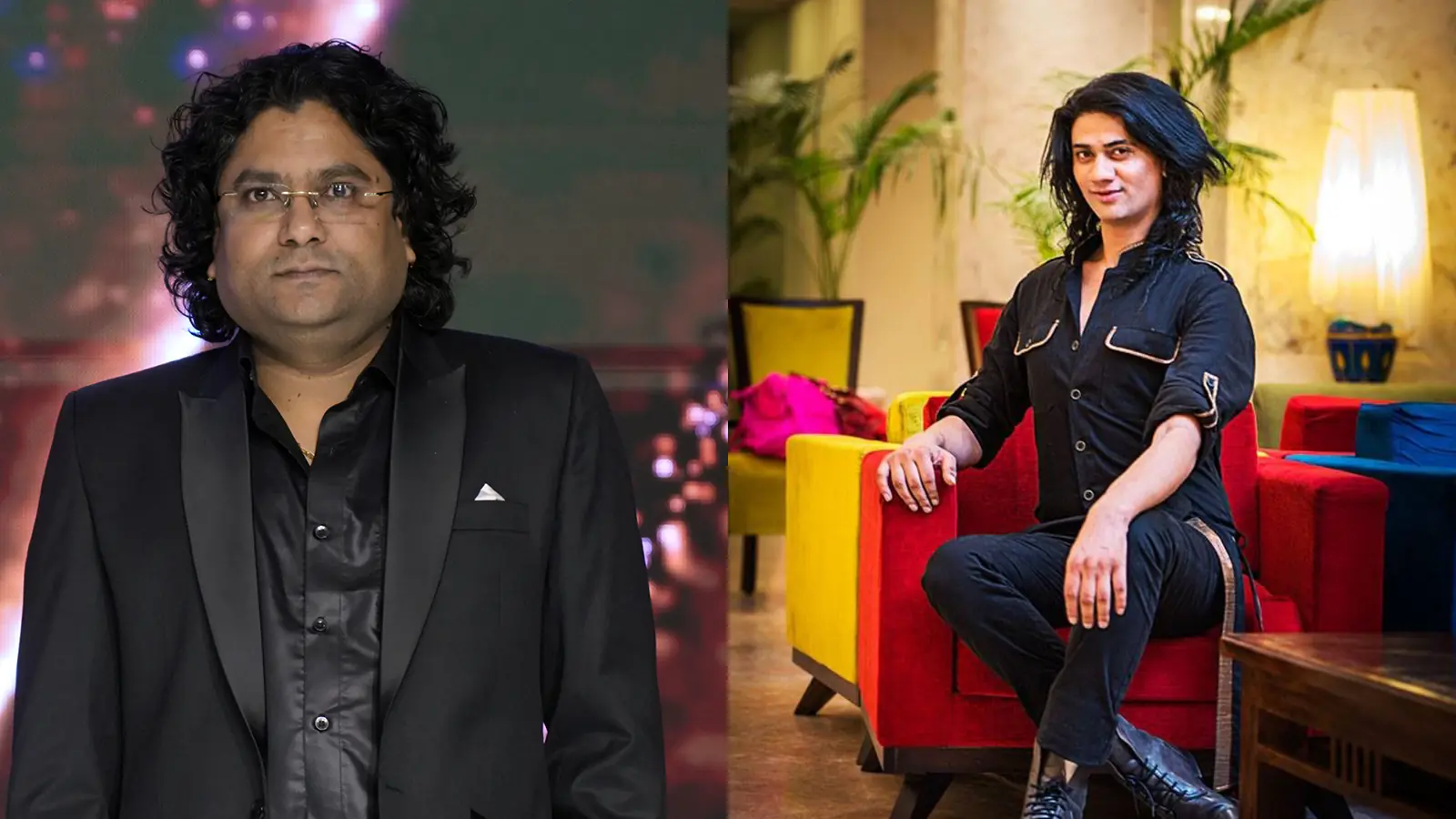































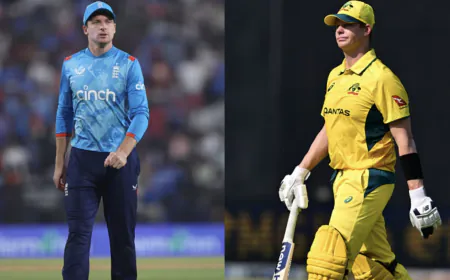

























.jpeg)





